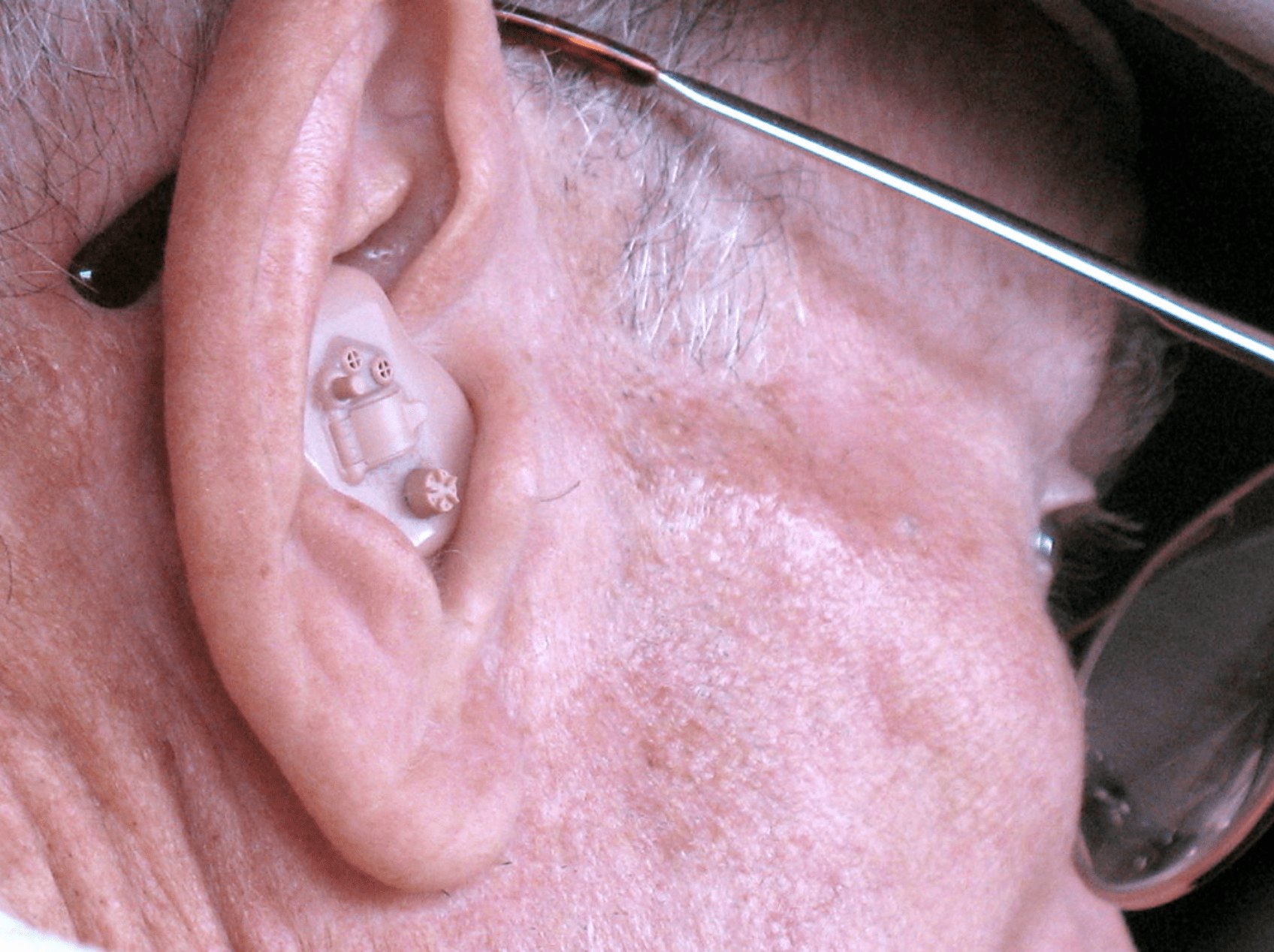WIRED – Every person is unique, and so are their hearing loss needs. Consider these factors to find a device that suits your needs and lifestyle. For more tips, check out our How to Buy a Hearing Aid guide.
Hearing aids shouldn’t bankrupt you. With such a steep price and minimal insurance coverage, it’s no wonder why so many people put off hearing loss treatment.
Between audiologist visits, hearing aid orders, custom fittings, and maintenance, it’s justifiable that you might postpone treatment rather than fork over your credit card.
It’s vital you know your budget before you start browsing for hearing aids. Many brands offer trial periods where you can test out the device for a set number of days and, if they’re a bad fit, return them free of charge.
It doesn’t have to be obvious that you’re wearing a hearing aid. Despite cartoonish media depictions of hunched-over seniors screaming “WHAT?!” at every person who tries to talk to them, hearing loss doesn’t discriminate by age.
With nearly 10 million Americans under the age of 60 affected, more should be taking advantage of the sleekly designed hearing aids on the market.
Similar to the stigmas that keep people from seeking mental health treatment, the hearing loss community is plagued by self-consciousness when it comes to wearing these devices. Modern in-the-ear (ITE) hearing aids have come a long way in subtlety.
Opt for a professional hearing test over an online one. While online and app-based tests are a good way to dip your toes in and see whether you have hearing loss, a detailed audiogram that only an in-office visit can provide is a far better option.
A hearing professional can use this audiogram to calibrate hearing aids to your specific needs.



